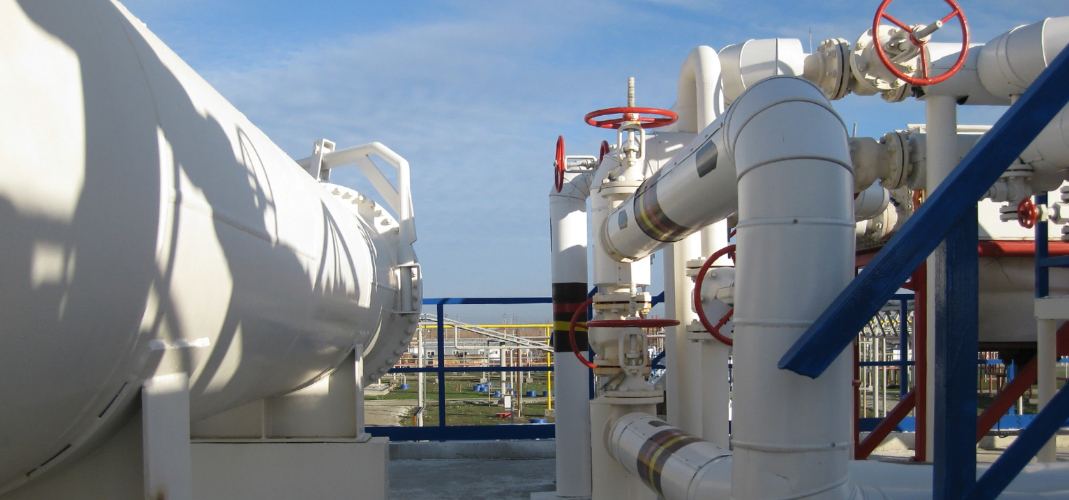BAKU, Azerbaijan, March 11
By Leman Zeynalova – Trend:
If the hydrogen backbone is developed as proposed, starting from 2035, hydrogen imports could be initiated from the EU’s neighbours (North African countries and Ukraine), Trend reports with reference to Oxford Institute of Energy Studies (OIES).
“As the north-western European cluster will prevail over the south in terms of H2 demand, several important H2 transition import routes could form according to the authors. Import routes from Ukraine to the EU through Slovakia and the Czech Republic into Germany and from Northern Africa through Spain and France. However, questions arise from the side of economic feasibility of such long distance H2 transportation, as due to specific physical properties, hydrogen requires three times more powerful pumps and compressors compared to natural gas. Therefore, distance and type of transportation play the main role when designing the supply chain route,” OIES said in its latest report.
The planned 39,700 km of H2 network requires investment of around €43-81 billion where, according to EHB, 69 per cent of the pipeline will be repurposed natural gas and the remaining 31 per cent will be new H2 specific pipelines.
“The initiation of EHB calls for collaboration between EU Member States in order to develop an elaborate, flexible and adaptive regulatory framework. It is not certain whether natural gas pipelines will be available for repurposing, because of the rising role of natural gas as insurance of energy security in many national energy systems. Flexible natural gas power plants (combined cycle gas turbines, open cycle gas-turbine and other turbines) are one of the main and only tools for balancing out variable renewable energy generation, at least for the next decade,” the report says.
Furthermore, the Oxford Institute analysts note that European Union is highly dependent on natural gas imports (83 percent of natural gas consumption in 2020) and by 2030-2035 demand for natural gas may grow, replacing fossil fuels with higher carbon content, such as coal and oil, in various sectors (electricity generation, heating, industry and transport).
“Thus, import of low-carbon hydrogen is likely to require new pipeline construction for transporting large volumes. In a study by the Institute of Energy Economics at the University of Cologne (EWI), the authors provided input data for modelling of levelized costs of hydrogen. The range of the cost for new hydrogen pipelines is between $0.24-0.64/kg, whereas retrofitted pipelines have the lowest cost of $0.16/kg.”
---
Follow the author on Twitter: @Lyaman_Zeyn







